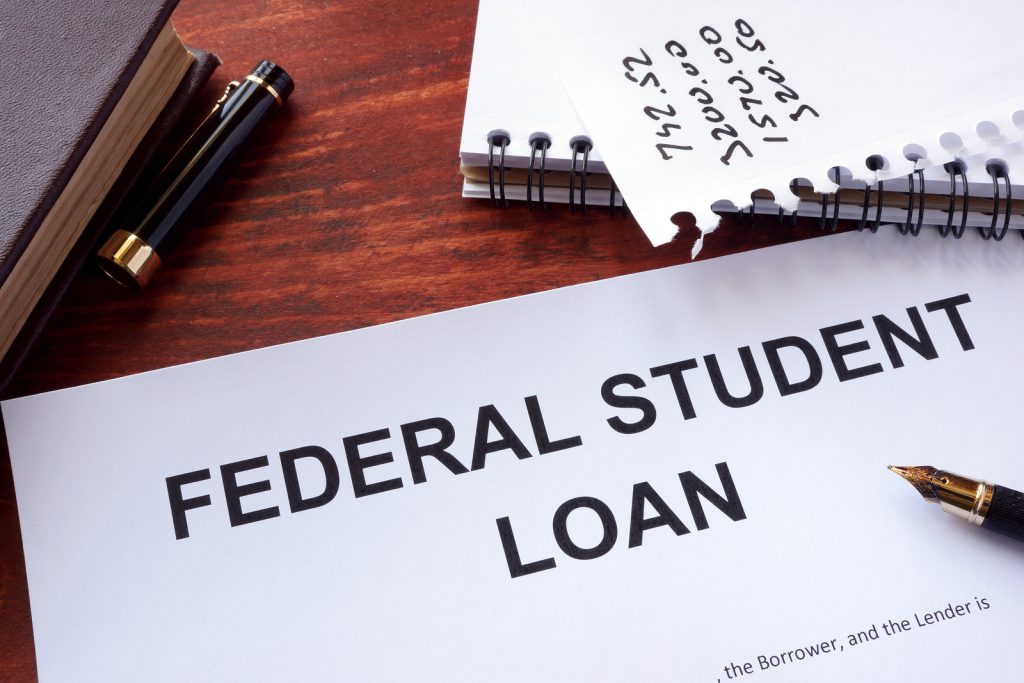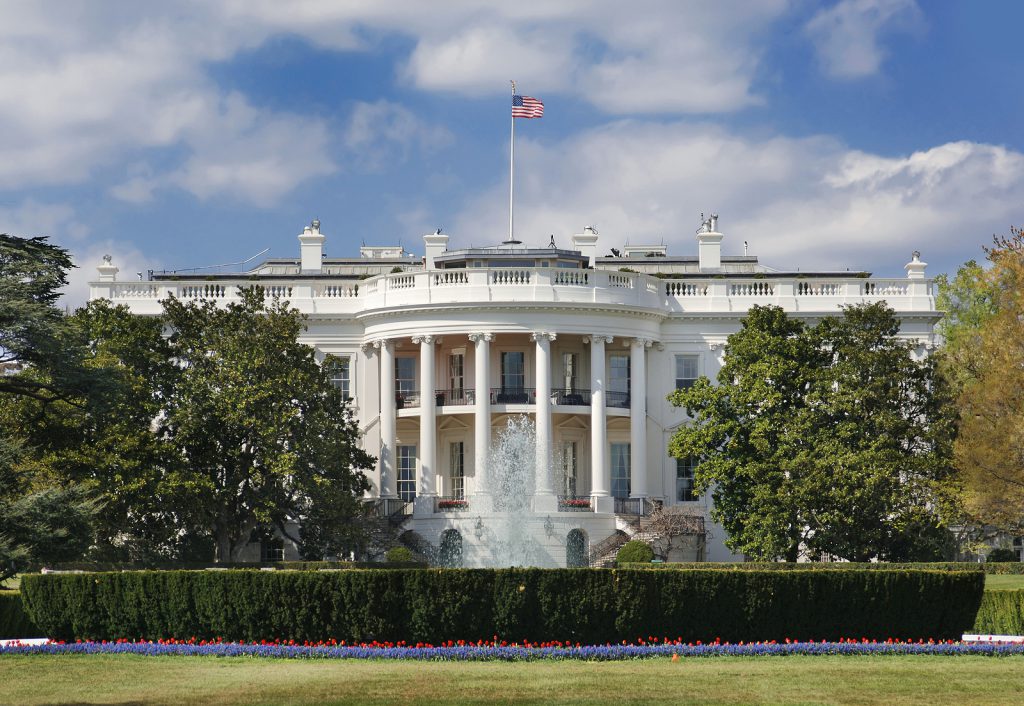FAQ: Student Loans and COVID

The COVID stimulus package (CARES Act) has several new actions to offer relief for student loan borrowers. For most federal student loan borrowers, principal and interest payments on federally-held student loans have been suspended through September 30, 2020. During this time, interest will not accrue. Here’s what you need to know.
Do I need to formally apply to get the remission?
There is no action required from your end. Your federal student loan will automatically be suspended for all interest and monthly payments due between March 13 and September 30, 2020. You will receive a written notification to the effect from your federal loan servicer around mid-April. Please ensure that your contact information is current with your servicer.
What happens if I continue to make my payments towards student loan during the suspension period?
If your financial situation allows you to continue making payments, any payment you make during the suspension period (March 13 – 30 September, 2020) will be applied to the principal. This will help repay the loan faster since the interest rates for the remission period are set to zero for all federal student loans.
Is interest and payments suspended on all student loans or does the remission rule only apply for certain selective type of student loans?
The suspension of payments applies to most of the student loans that are held by the federal government. It is estimated that about 92% of the total student loans are owned by the U.S. Department of Education. The benefits authorized by the CARES Act do not apply to
- Federal student loans under the Federal Family Education Loan (FFEL) Program provided by commercial lenders
- Perkins Loans held by the institution or school
- Private (non-federal) student loans owned by banks, credit unions, or other private entities.
However, creditors of many non-eligible student loans under the CARES ACT are offering extended forbearance options. You’ll need to contact your loan servicer for details. If you are not sure who is your loan servicer, you may find out by using the tools provided at Federal Student Aid website. If you have a private loan you may check your credit report for the loan servicer details.
I have heard of student debt relief scams, what should I be wary about?
If you ever get a call asking for a fee to help you get remission on your student loan, be aware that this is a scam. The federal government does not ask for any fee for forbearance under the COVID stimulus package.
If my loan does not apply under the stimulus package relief what should I do?
For loans held by commercial banks, schools, or private creditors, please contact them directly and explore if they have any interest and(or) payment suspension options available.
Despite the support allowed under the stimulus package, given my current income the student loan debt will remain unmanageable moving forward beyond the stimulus package suspension period. What should I do?
If you have a federally owned student loan, the Income Driven Repayment (IDR) plans can help reduce your monthly payment amount. One of the following income-driven plans may be right for you:
- Revised Pay As You Earn Repayment Plan (REPAYE)
- Pay As You Earn Repayment Plan (PAYE)
- Income-Based Repayment Plan (IBR)
- Income-Contingent Repayment Plan (ICR Plan)
If you are facing hardship and are unable to meet your student loan repayment commitments, you should contact your loan servicer and ask if you are eligible for a 90-day forbearance for borrowers facing financial difficulties due to the pandemic. This will not affect your credit score. For Perkin loan borrowers, the schools can provide forbearance for up to 90 days. In addition, some of the private borrowers are waiving late fees and reduced payment options which are worth exploring.
Will I be eligible for Public Service Loan Forgiveness?
The PSLF Program forgives the remaining balance on your Direct Loans after you have made 120 qualifying monthly payments under a qualifying repayment plan while working full-time for a qualifying employer. The qualifying employers are Government organizations at any level (U.S. federal, state, local, or tribal) and Not-for-profit organizations that are tax-exempt under Section 501(c)(3) of the Internal Revenue Code. You also have the option for loan consolidation of all your federal owned loans under PSLF. Check your eligibility.
I am in default on my federal student loan, am I eligible for remission under the stimulus package?
CARES Act has suspended all interest on student loans including those in default through September 30, 2020. Also, the collection of defaulted student loan payments has been ceased. These provisions kick in automatically for federal loans. For private defaulted loans contact your loan servicer for options. You may also consider loan rehabilitation or loan consolidation for your federally held student loan. Learn more about these options.
When do I need to contact a nonprofit financial counselor?
If you are having issues paying your student loan, the NFCC and its agencies can help you. You may speak to a nonprofit NFCC® Certified Student Loan Counselor about your options. You get a one-on-one, comprehensive review of your finances and a repayment plan that works best for your situation, especially while COVID-19 brings in additional uncertainties and the traditional approaches do not work. Contact a student loan counselor now.



